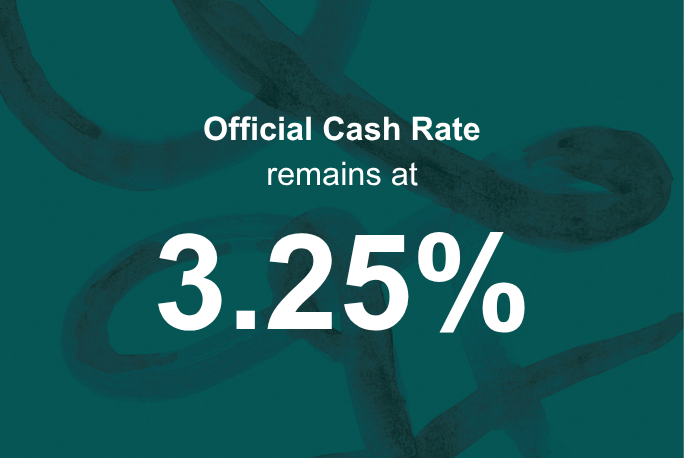

The time leading up to a general election is always unsettling. The news is full of banter between parties, policy announcements, election promises and expert opinions about what shape the next government might take. Without a doubt, pre-election uncertainty also rubs off on the property market.
Apex Advice Director Craig Lawson has witnessed the effect of a general election on the property market many times during his career in New Zealand’s home loan sector. It’s a phenomenon that every homeowner should be aware of.
“Historically, the real estate market slows down before an election. It starts about 10 months before, so this year transactions have been declining since January. However, even though the market slows, prices don’t generally go down before an election. There’s a shortage of listings, which tends to keep prices stable.”
When the election is done and dusted, the property market starts to get busy again. This is compounded by the spring/summer timing, traditionally a seasonal frenzy for real estate. ‘For sale’ signs will be popping up everywhere. And if you’re wondering what will happen to house prices after the election, some experts are predicting a rise in prices.[1]
In terms of the election outcome, history tells us that the colour of the dominant party also has an effect.
“When the National Party wins an election, property sales tend to see a more significant post-election boost compared to a Labour Party victory. However, even a Labour victory will probably result in a modest increase in property sales post-election.”
Craig says this year’s election promises will also have an impact on the property market, particularly for investors.
“National have promised to shorten the Brightline Test from 10 years to two. They have also promised to reinstate full mortgage interest deductibility for investment properties. Together, these events would lure investors back into the property market and also drive property sellers. Things could get interesting.”
From a property finance point of view, longer-term fixed rates have become slightly more popular as the election edges closer. This trend suggests some borrowers aren’t feeling confident about interest rates falling soon.
“Economists have differing opinions on what the interest rates are going to do and when, which can be highly confusing. Every homeowner’s situation is unique, which is why getting tailored home loan advice from a financial adviser is really important.”
Craig concludes with an offer of help for anybody who intends taking advantage of the post-election property mini-boom. Refixers and refinancers are also included in this offer.
“With so many factors at play, it’s more important than ever to get solid advice about structuring your loan and choosing fixed rates that suit your goals. Our home loan advisers are up with all the latest market news, so their input could save you thousands over the life of your loan.”
[1] https://www.stuff.co.nz/business/132681298/house-prices-to-rise-postelection-more-so-if-national-win-experts-say
Let us get the best home loan deal for you